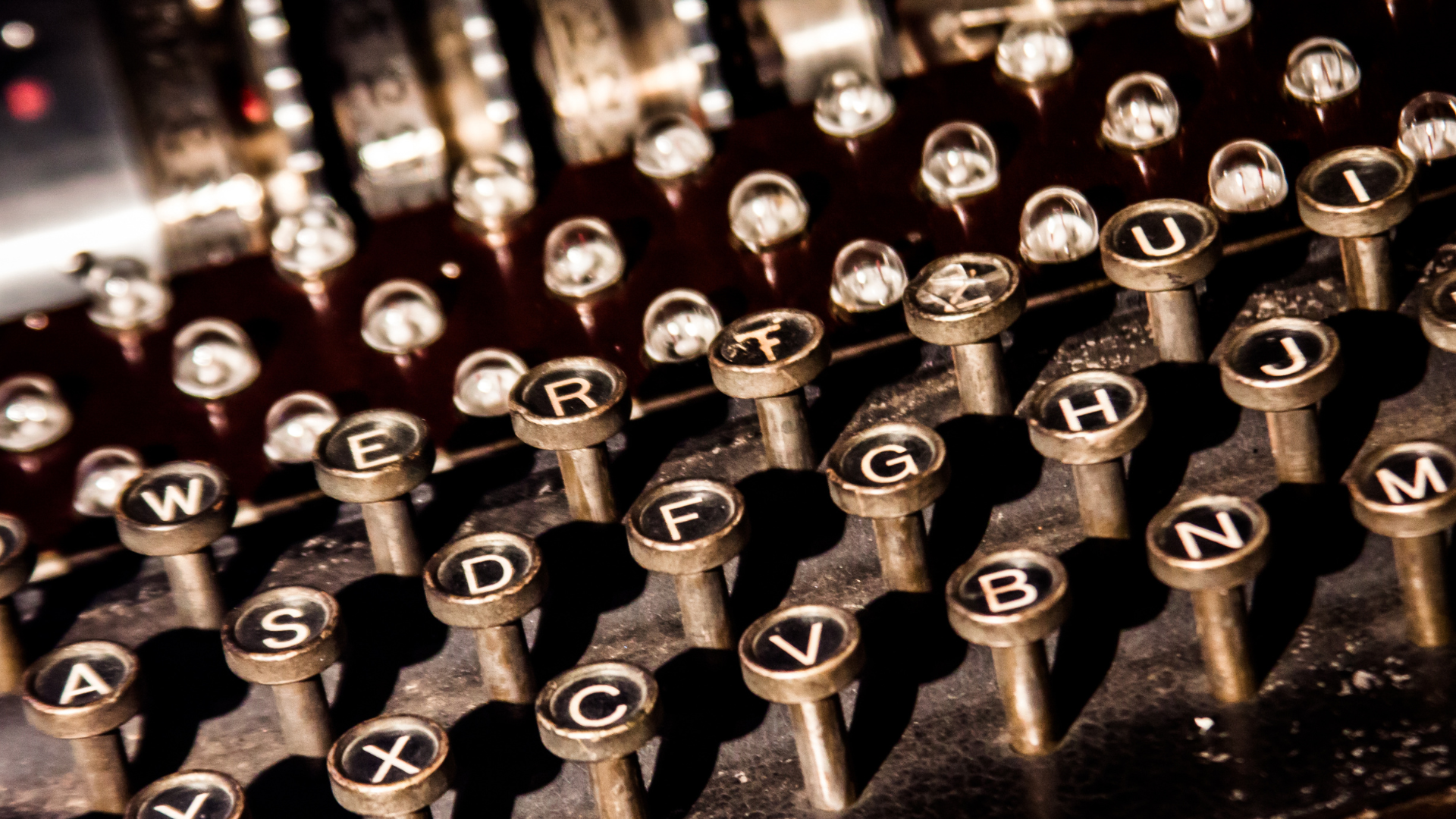Unsung Heroes: The Forgotten Pioneers of Computer Programming


When we think of computer programming, names like Bill Gates and Steve Jobs often come to mind. However, the history of programming is rich with contributions from lesser-known pioneers whose work laid the groundwork for today's digital world. One such figure is Ada Lovelace, who is often recognized as the world's first computer programmer. In the mid-1800s, Lovelace wrote an algorithm for Charles Babbage's early mechanical general-purpose computer, the Analytical Engine, envisioning a future where machines could go beyond mere calculation.

Another forgotten hero is Grace Hopper, a Navy rear admiral who developed the first compiler, which translated written language into computer code. Hopper's work in the 1950s paved the way for modern programming languages, making coding more accessible and efficient.

Alan Turing, a name now synonymous with computer science, was initially overlooked. Turing's work during World War II in cracking the Enigma code was crucial to the Allied victory, yet his contributions to theoretical computer science and artificial intelligence were not fully recognized until after his death.

These pioneers, along with many others, faced significant challenges and skepticism in their time. Their vision and perseverance have shaped the foundation of modern computing. As we marvel at today's technological advancements, it's important to remember and honor the unsung heroes who set the stage for the digital age.